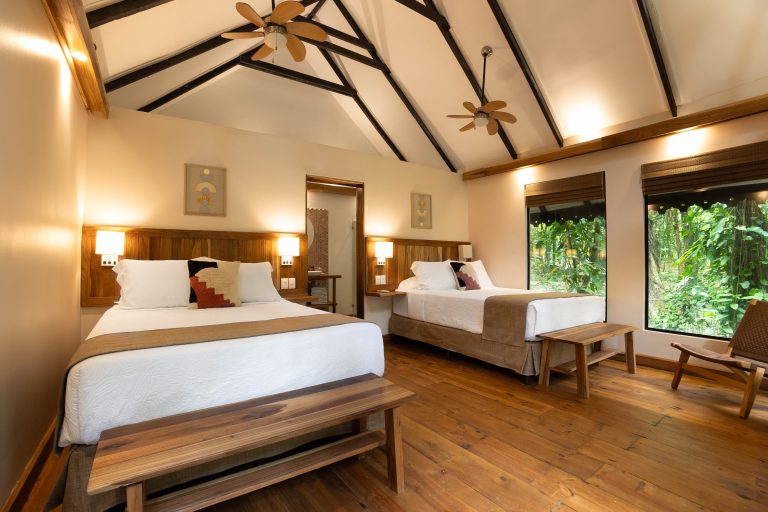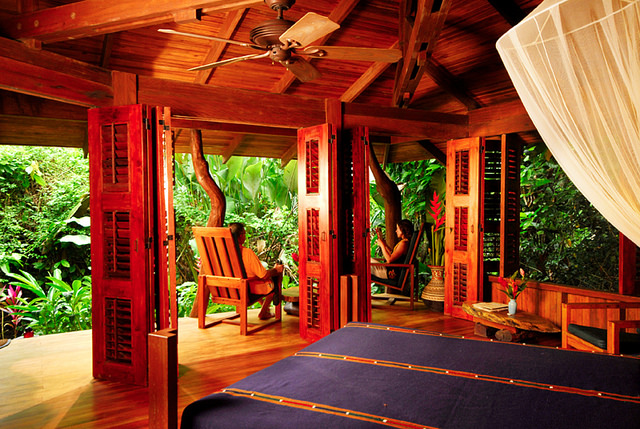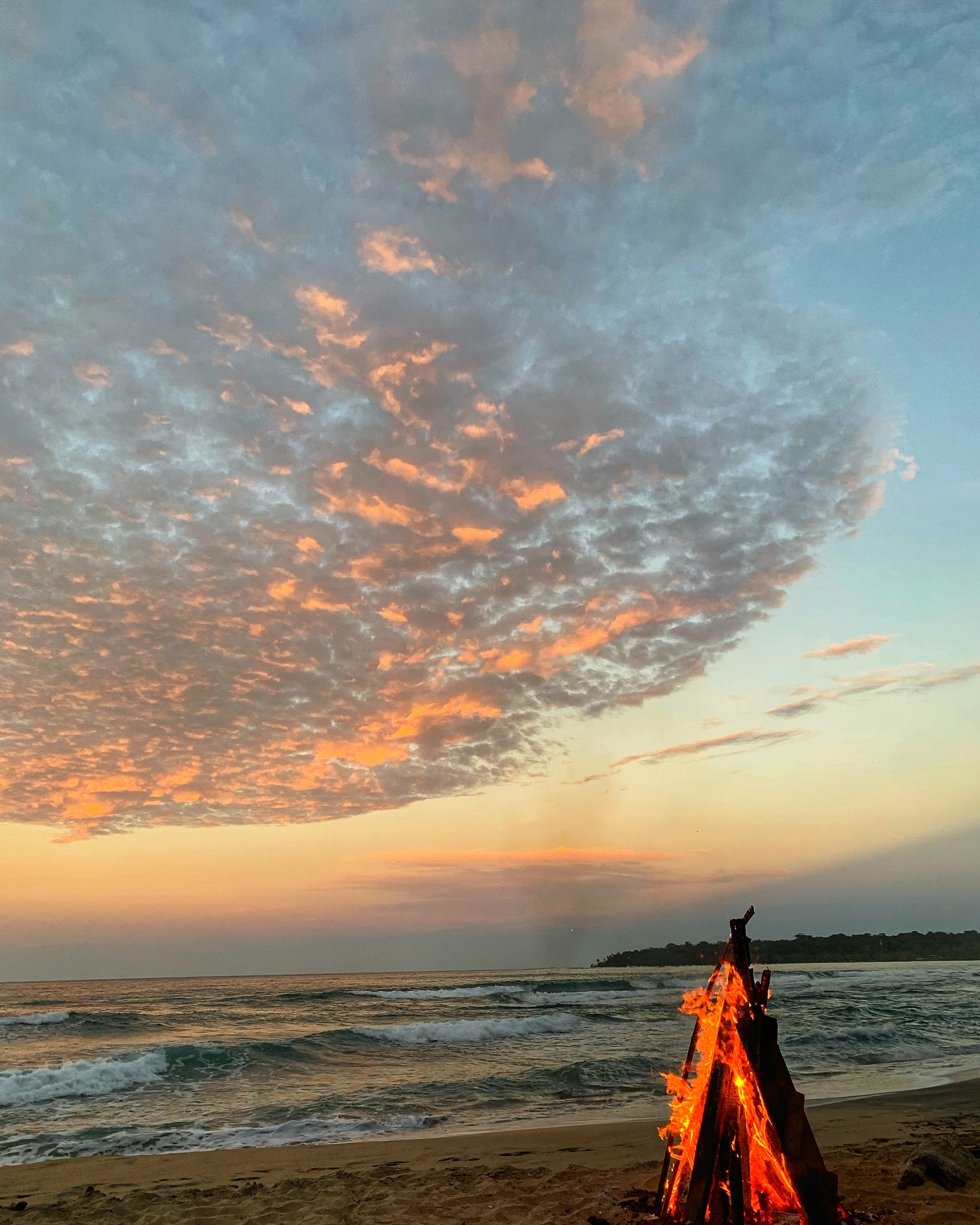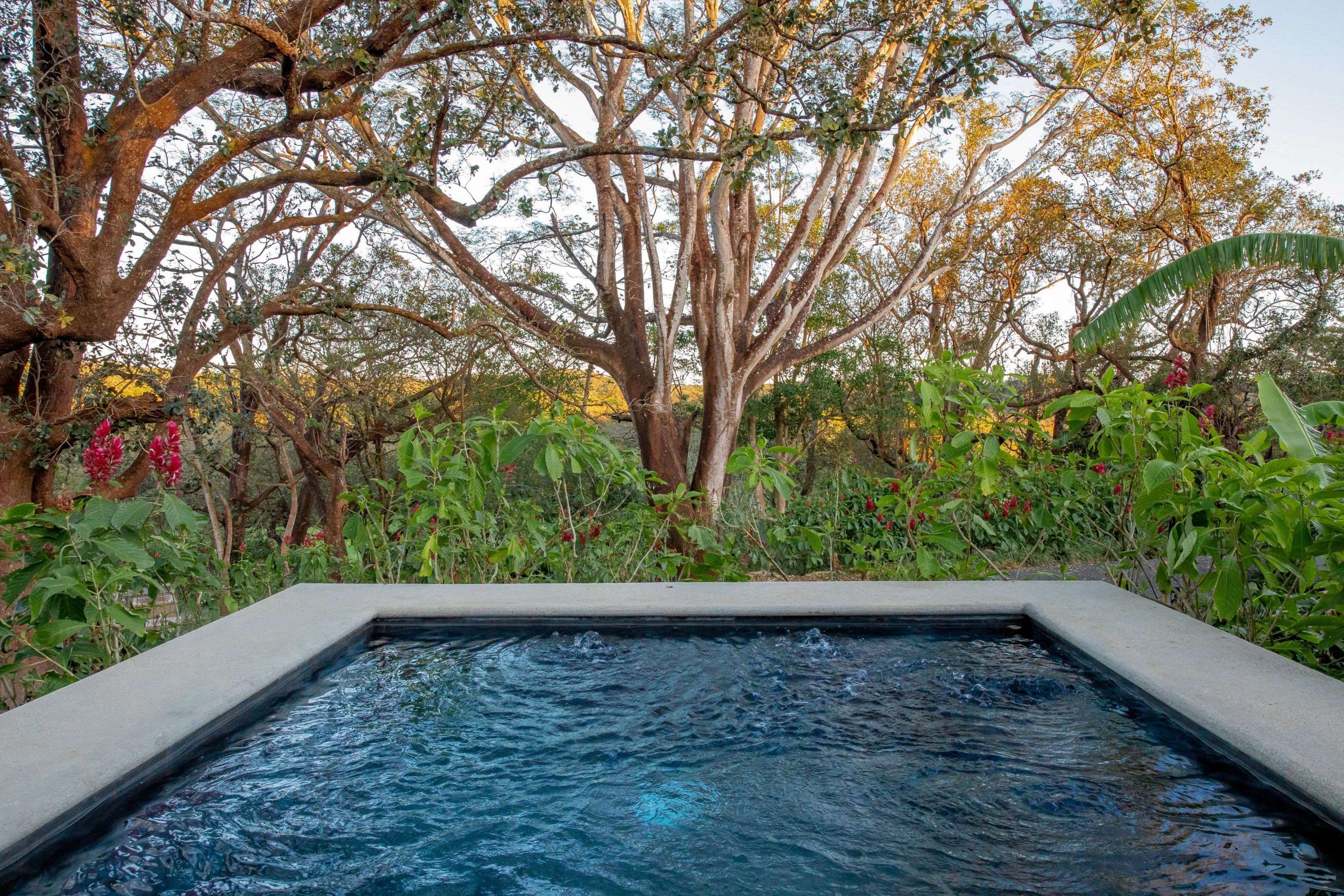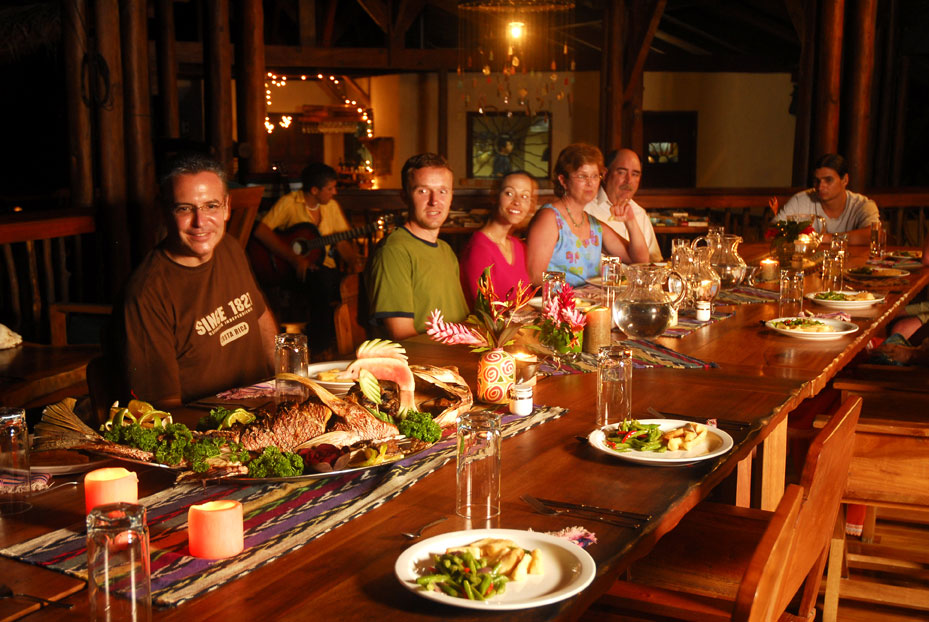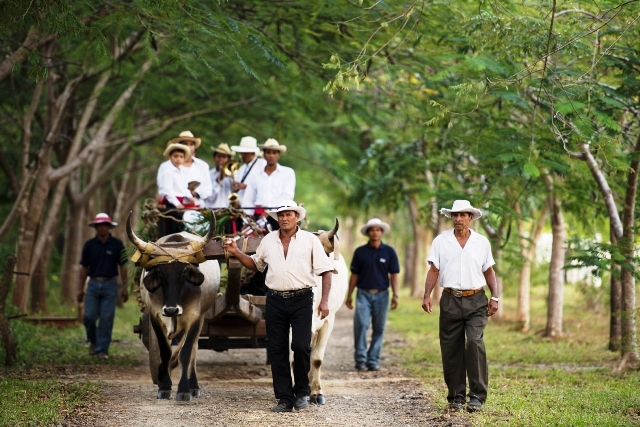
Guanacaste – the northwest province of Costa Rica – is known for its rolling grassy plains, “Gold Coast” beaches, towering mountains and volcanoes, sunny dry climate and unique dry tropical forest. For generations “Guanacastecos,” as the residents here are called, have been dedicated to farming, cattle and horse ranching. The “sabanero” (cowboy) traditions, folklore, music and dance are deeply rooted in the country’s culture.
But Guanacaste wasn’t always a part of Costa Rica. Once belonging to Nicaragua, the province joined Costa Rica in 1824, celebrated as the Annexation of Guanacaste Day on July 25. The region’s residents are proud to be Costa Rican. Their motto is “de la patria por nuestra voluntad”, which means “part of this country by our own choice”.
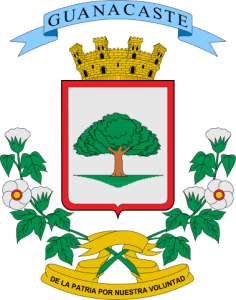 A brief history of Guanacaste, Costa Rica
A brief history of Guanacaste, Costa Rica
Most of Central America, once called the Kingdom of Guatemala, belonged to Spain. In 1821, when Central America declared its independence from Spain, the area was divided into five provinces which later became republics: Guatemala, Honduras, El Salvador, Nicaragua and Costa Rica. The region of Nicoya, now called Guanacaste, was considered part of Nicaragua.
However, Nicaragua was involved in many civil wars at the time and was somewhat hostile to the Nicoyans. Costa Rica was stable politically and had a trading relationship with Nicoya. So when the Costa Rica government invited Nicoya to join their country, the Nicoyans agreed. The Central American Federation approved the annexation and on July 25, 1824, Nicoya officially united with Costa Rica.
The region officially became a Costa Rican province in 1848 and was renamed after Costa Rica’s national tree the Guanacaste. The province of Guanacaste covers 3,915 square miles with 11 counties; the capital of the province is Liberia. The Daniel Oduber International Airport in Liberia (LIR) is the principal airport for Costa Rica’s Guanacaste province.
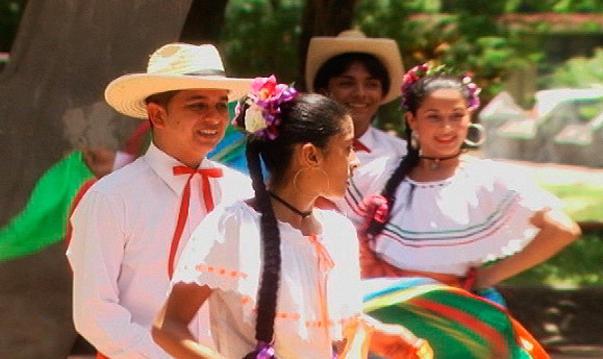
Celebrating Guanacaste Day
This year’s Guanacaste Day 2015 commemorates the 191st anniversary of the annexation. July 25 is a nationwide public holiday (banks, schools and government offices are closed).
The revelry is especially big in Guanacaste and usually lasts for several days. There are parades, concerts, folk dances, cattle and horse shows, fireworks and traditional foods. Costa Rica’s national instrument, the marimba, features prominently in typical music. Bull riding and bullfights are also traditional, although the Tico style of bullfighting does not hurt the bull.
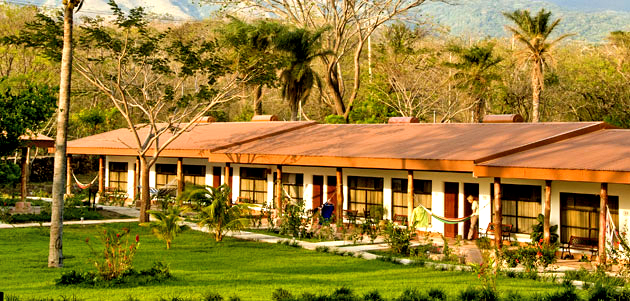
Hotels in Guanacaste Costa Rica
Next to the Rincón de la Vieja Volcano National Park, 13 miles from Liberia, Hotel Hacienda Guachipelin is one of the best places to stay in Guanacaste. Since 1985, the adventure eco-tourism hotel has been hosting visitors from all over the world on their horse and cattle ranch. Hotel Hacienda Guachipelin offers the best Costa Rica adventure tours, and has been awarded the TripAdvisor Certificate of Excellence.
Article by Shannon Farley







